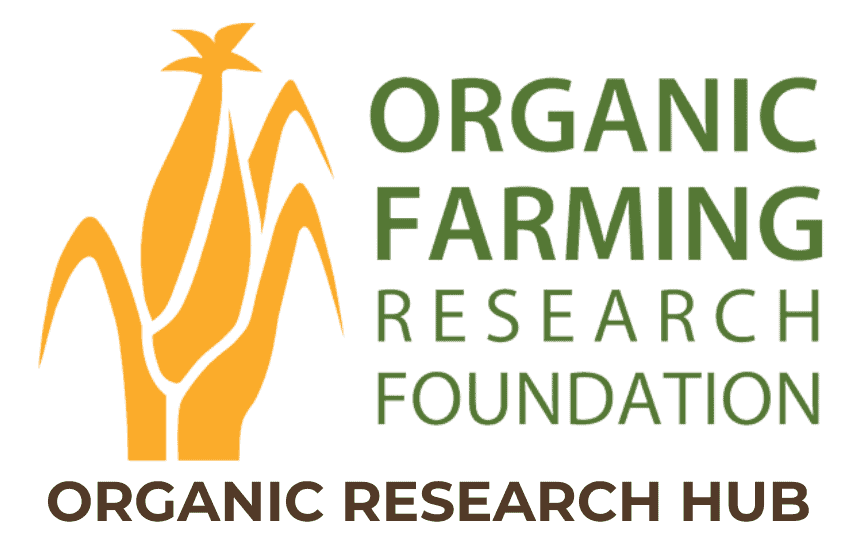Evaluation of Mulching Materials and Limestone Rates for Management of Fusarium Wilt of Sweet Basil
Jeanine M. Davis, North Carolina State University

Basil fusarium wilt is a seed-borne disease that can severely reduce basil yields. The biggest concern, however, is that the pathogen can persist in the soil for ten or more years preventing the future use of the land for basil production. The objective of this study was to develop organic control methods that would allow production in infested soil. Several organic mulches, a biocontrol product (Rootshield), and lime applications were examined on soil intentionally infested with fusarium. Basil plants mulched with a composted pine bark had the lowest incidence of fusarium wilt. Used in a bareground situation, Rootshield had no effect on yields or disease incidence. Overall, lime applications also had no effect. This may have been due to late application and drought conditions.
Region
Southeast
Topic
Disease Management
Category
Herbs/Flowers
Date Range
2000 and earlier
Funding Amount
$5,525
Funding Year
1997Location
Weaverville, North Carolina
Collaborators
Una J. Harrison, North Carolina State University

